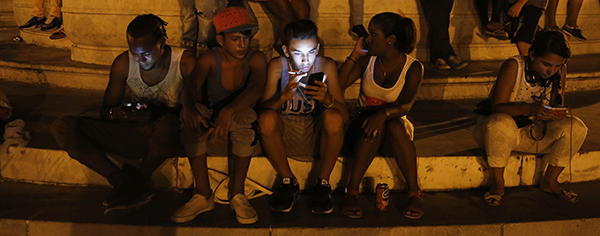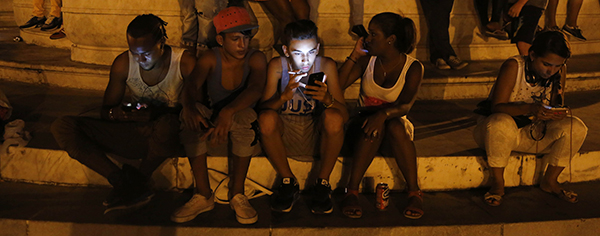Cuba’s press, emboldened by President Raúl Castro’s call for reforms in 2010, are finding more space for critical comment, but harassment and intimidation from authorities, a legal limbo caused by outdated and restrictive press laws, and limited and expensive access to the internet is slowing the island nation’s progress toward press freedom. A special report by the Committee to Protect Journalists.

Published September 28, 2016
Table of Contents
Video: Interview with Elaine Diaz
Foreword: Contemplating a free press in Cuba
Executive Summary: Cuba’s media vitally transformed but cautious approach is slowing progress
Graphic: Press freedom restrictions
Cuba’s evolving news agenda
Cuba’s media is opening, with journalists and bloggers finding more space to be critical and delve into issues ignored by the state-run press. However, a legal limbo over independent reporting, restricted and expensive access to the internet, and the threat of arbitrary detentions is slowing progress. Cuba’s bloggers, reporters, and online magazine publishers share their view of the state of press freedom.
I. Bloggers
II. News websites
III. Webzines
Sidebar: Staying connected in an off-line world
Despite government promises to improve Cuba’s internet service, journalists face limited access, high costs, and sporadic censorship. To overcome these obstacles, bloggers are using innovative ways to access and distribute content.
Graphic: How Cubans get online
PHOTO: Cubans tap into a Havana hotel’s Wi-Fi connection to access their smartphones. Access to affordable, reliable internet is an obstacle for the country’s bloggers. (AP/Desmond Boylan)
